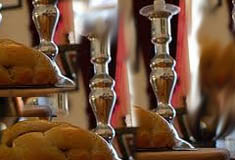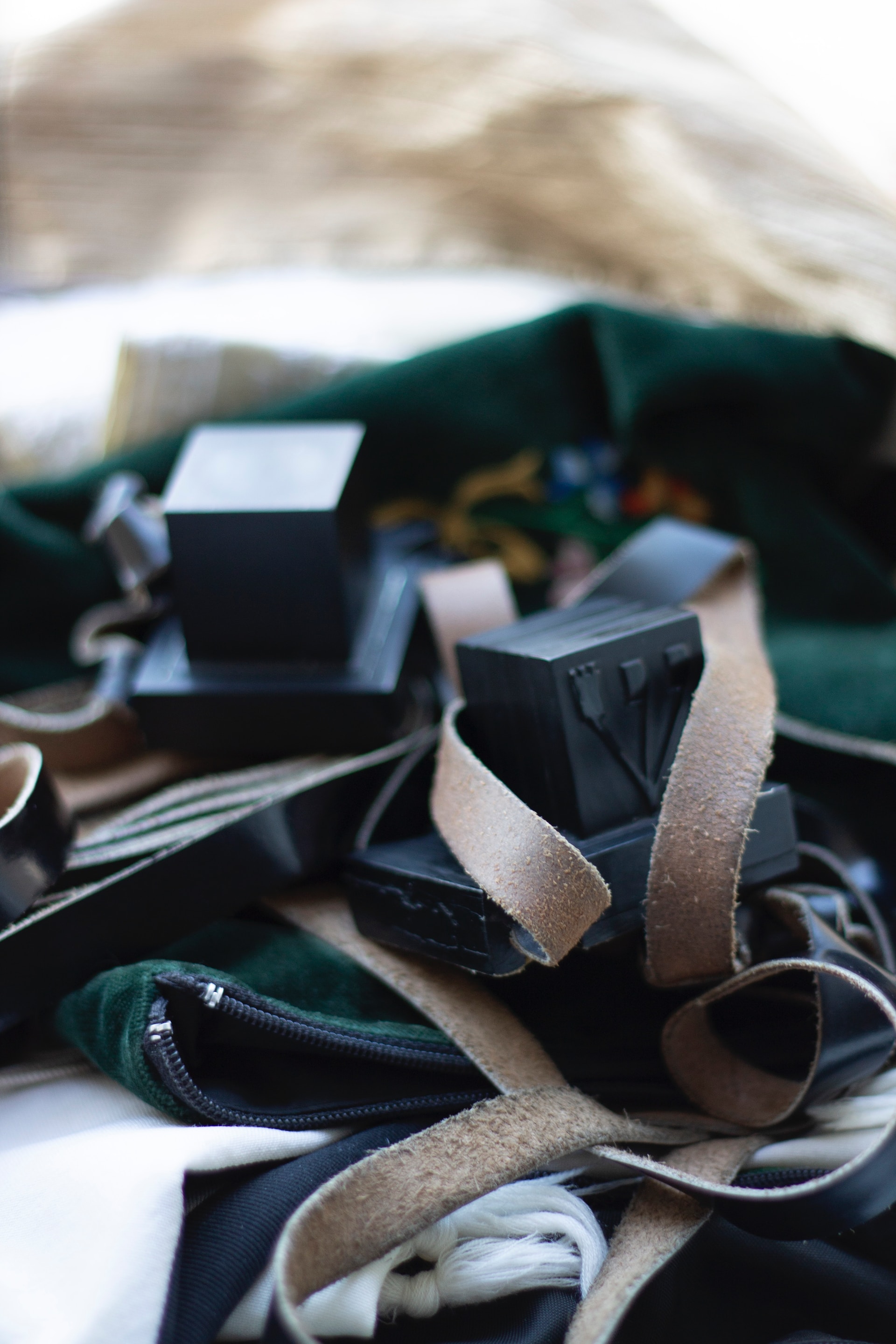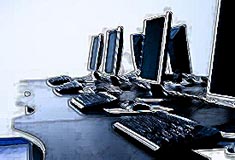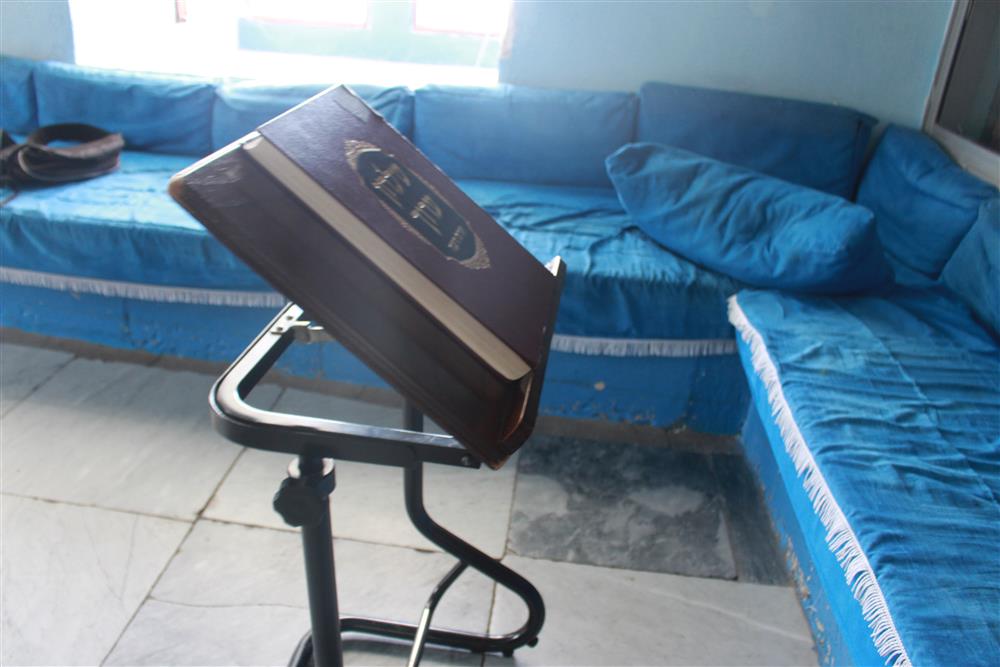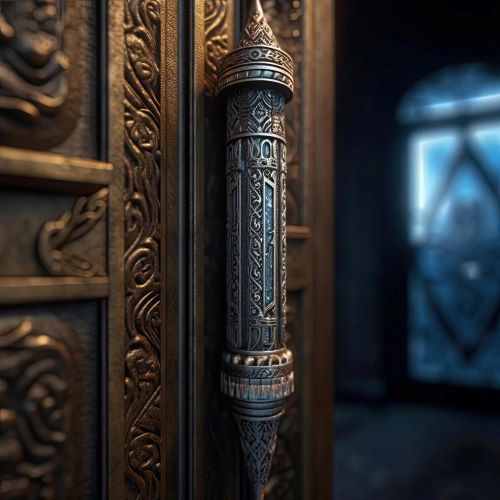Room for Debate: Key Considerations
הרב שי טחןז אב, תשפד11/08/2024Halacha in Holtels... things to take in Considerations...
תגיות:בית מלוןהלכהבין הזמנים
Many people take their families on a getaway for Shabbat Nachamu to refresh after the challenging three weeks of Bein HaMetzarim. When staying at a hotel, many halachic questions arise, whether regarding kashrut, minyanim, modesty, etc. However, Shabbat presents particular challenges, as many aspects of hotel life involve the use of electricity, which can be difficult to avoid.
Therefore, before booking a hotel room, one should research to determine if the hotel presents any Shabbat challenges, such as rooms where the AC turns on automatically when the door is opened or bathrooms with automatic flushing systems.
when the door is opened or bathrooms with automatic flushing systems.
One common concern during these stays, especially in hotels, is how to enter the room. Most hotels today use magnetic cards that operate by opening and closing electric circuits, which can pose challenges for those observing Shabbat.
Magnetic key cards work by interacting with the door's electronic lock system, which involves opening and closing electric circuits. The card contains a magnetic stripe or chip that, when swiped or inserted, communicates with the lock's reader. This process sends an electric signal that either allows or denies access, effectively opening or closing an electric circuit.
To avoid issues, find a hotel that uses traditional hard keys. However, the Tzomet Halacha Institute notes that many of these keys still interact with the door's electric system and may not fully resolve the problem. If such a hotel isn't available, prevent the door from locking by placing strong tape over the latch or filling the lock hole with tissues or cotton. Keep valuables in the safe.
If none of the above options are possible, the next issue is whether it's permissible to ask a hotel worker to assist. The challenge with this is that most poskim consider the use of electricity to be a Torah prohibition. One can only ask a non-Jew to perform an action if it involves a rabbinical prohibition, known as shvut deshvut—where both the action and the involvement of a non-Jew are rabbinically prohibited. However, since many view electricity as a Torah prohibition, shvut deshvut does not apply in this case.
Some poskim have advised leaving something in the room that might attract the interest of the worker, such as a can of soda or cookies. When one wants to enter the room, they should offer the item to the worker but explain that they cannot enter the room themselves. If the worker wants the treat, they should open the door, allowing the Jew to enter once the door is open and the worker has taken the item. However, this advice may not be practical in many places, as hotel workers are often not permitted to accept anything from guests, and surveillance cameras in hotel corridors could easily get them into trouble.
Another idea to solve the issue was to condition the rental of the room on the ability to access it as needed. This would involve telling the hotel clerk that the room can only be rented if the door is kept open at the necessary times, given that the magnetic card cannot be used. The permissibility of this approach is based on the fact that the hotel benefits from renting the room, so they would open the door to serve their own interest. However, this is not practical today, as most bookings are made online without the opportunity to speak to an agent. Even if one does speak to an agent, such a request often seems ridiculous to them, and hotels are generally not in such a desperate position that they would fulfill every request made.
The last and most advisable approach is to hint to a worker whenever we want to enter the room, making sure not to ask them directly. For example, we might say that we can't enter the room because we can't use the card today, hoping they will assist by opening the door. This approach also has its challenges, as the worker might send us to the front desk to prove our identity. If that happens, we are permitted to answer all their questions, even though they will check things in the computer, as they are doing so on their own initiative without our request.
When doing so, we are allowed to enter the room and benefit from it. Although normally one may not benefit from a Shabbat violation performed by a non-Jew on our behalf, this situation is different. The benefit here is the use of the room, and opening the door is considered merely removing a blockage rather than a direct violation.
Another important point to mention is that the magnetic card is muktze, and one may not carry it on Shabbat. Therefore, when asking hotel workers and management for help, one is essentially instructing them to use their own card rather than their own.
Therefore, before booking a hotel room, one should research to determine if the hotel presents any Shabbat challenges, such as rooms where the AC turns on automatically

One common concern during these stays, especially in hotels, is how to enter the room. Most hotels today use magnetic cards that operate by opening and closing electric circuits, which can pose challenges for those observing Shabbat.
Magnetic key cards work by interacting with the door's electronic lock system, which involves opening and closing electric circuits. The card contains a magnetic stripe or chip that, when swiped or inserted, communicates with the lock's reader. This process sends an electric signal that either allows or denies access, effectively opening or closing an electric circuit.
To avoid issues, find a hotel that uses traditional hard keys. However, the Tzomet Halacha Institute notes that many of these keys still interact with the door's electric system and may not fully resolve the problem. If such a hotel isn't available, prevent the door from locking by placing strong tape over the latch or filling the lock hole with tissues or cotton. Keep valuables in the safe.
If none of the above options are possible, the next issue is whether it's permissible to ask a hotel worker to assist. The challenge with this is that most poskim consider the use of electricity to be a Torah prohibition. One can only ask a non-Jew to perform an action if it involves a rabbinical prohibition, known as shvut deshvut—where both the action and the involvement of a non-Jew are rabbinically prohibited. However, since many view electricity as a Torah prohibition, shvut deshvut does not apply in this case.
Some poskim have advised leaving something in the room that might attract the interest of the worker, such as a can of soda or cookies. When one wants to enter the room, they should offer the item to the worker but explain that they cannot enter the room themselves. If the worker wants the treat, they should open the door, allowing the Jew to enter once the door is open and the worker has taken the item. However, this advice may not be practical in many places, as hotel workers are often not permitted to accept anything from guests, and surveillance cameras in hotel corridors could easily get them into trouble.
Another idea to solve the issue was to condition the rental of the room on the ability to access it as needed. This would involve telling the hotel clerk that the room can only be rented if the door is kept open at the necessary times, given that the magnetic card cannot be used. The permissibility of this approach is based on the fact that the hotel benefits from renting the room, so they would open the door to serve their own interest. However, this is not practical today, as most bookings are made online without the opportunity to speak to an agent. Even if one does speak to an agent, such a request often seems ridiculous to them, and hotels are generally not in such a desperate position that they would fulfill every request made.
The last and most advisable approach is to hint to a worker whenever we want to enter the room, making sure not to ask them directly. For example, we might say that we can't enter the room because we can't use the card today, hoping they will assist by opening the door. This approach also has its challenges, as the worker might send us to the front desk to prove our identity. If that happens, we are permitted to answer all their questions, even though they will check things in the computer, as they are doing so on their own initiative without our request.
When doing so, we are allowed to enter the room and benefit from it. Although normally one may not benefit from a Shabbat violation performed by a non-Jew on our behalf, this situation is different. The benefit here is the use of the room, and opening the door is considered merely removing a blockage rather than a direct violation.
Another important point to mention is that the magnetic card is muktze, and one may not carry it on Shabbat. Therefore, when asking hotel workers and management for help, one is essentially instructing them to use their own card rather than their own.
הוסף תגובה
עוד מהרב שי טחן
עוד בנושא חגים וזמנים



